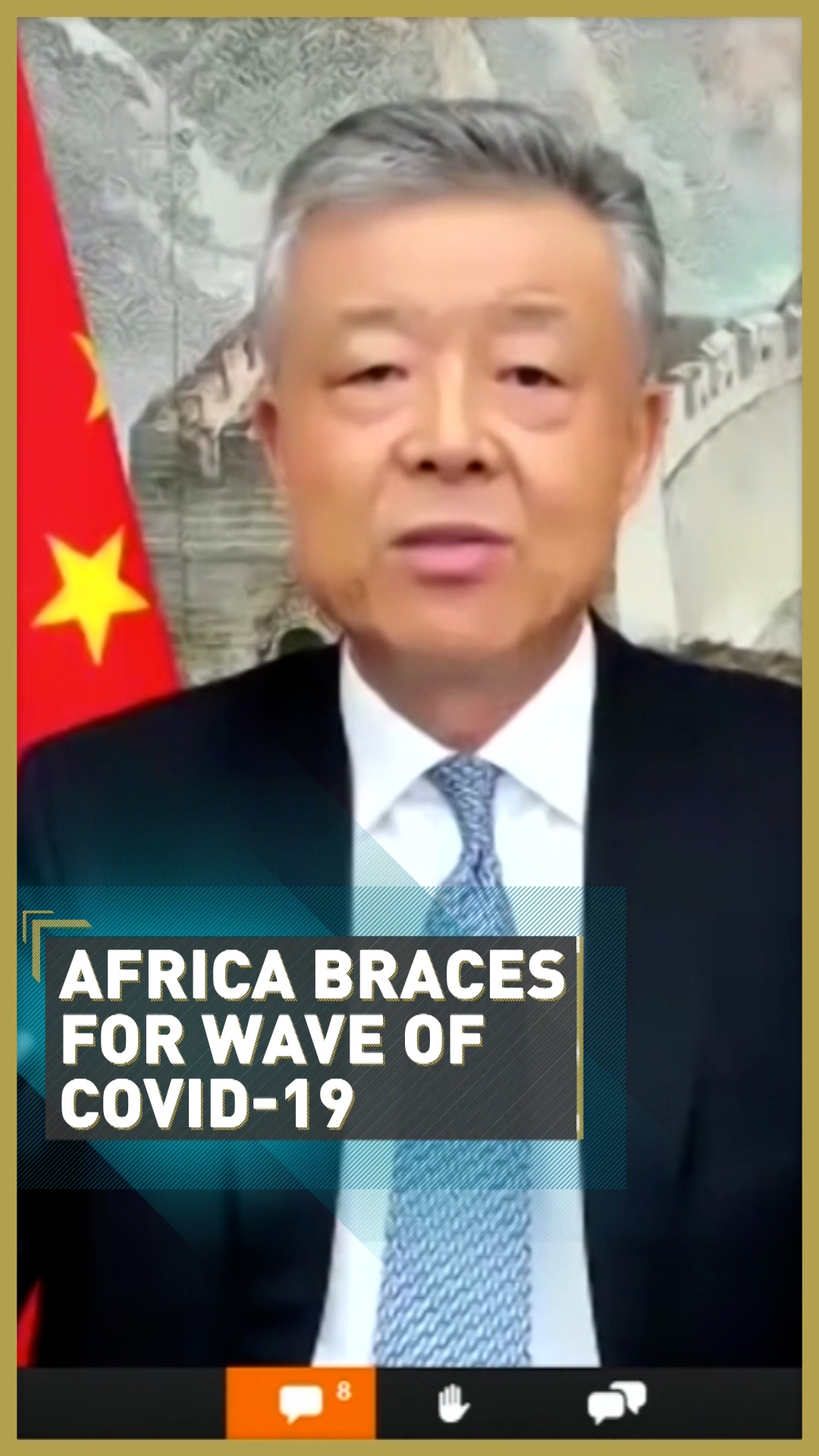London's Legatum Institute hosted a webinar this week, gathering medical expertise on COVID-19 from Europe and China to share with African delegates preparing for their own wave of the coronavirus.
03:21

Introducing the event was China's Ambassador to London, Liu Xiaoming, who called for international unity. "We should build up consensus," he said, "and support the World Health Organization in playing an important role in the global response to the pandemic. Respect African wishes, listen to African voices, and support African initiatives."
Wu Zunyou, chief epidemiologist at China's Center for Disease Control, stressed the importance of medical intervention at the earliest possible stage, putting even mild and suspected cases into medical care to remove them from the community.
And Zhang Wenhong of Fudan University, Shanghai stressed the importance, in China's view, of face masks in resisting community spread, and said the strictest measures were only possible by maximizing community support.
David Heymann, an experienced international epidemiologist, said the biggest problem now facing European countries is how to manage the current exit strategy from national lockdown. He said Asian countries had benefited from containing the disease earlier in their pandemics.

People stand inside circles drawn to show social distancing measures to curb the spread of COVID-19 while waiting for the bus in Rwanda. /Simon Wohlfahrt/AFP
People stand inside circles drawn to show social distancing measures to curb the spread of COVID-19 while waiting for the bus in Rwanda. /Simon Wohlfahrt/AFP
Joy Ruwodo, regional director of public affairs for Africa at The END Fund outlined some of the concerns facing African medical authorities.
"Staying at home is going to mean working from home or schooling from home," he said. "Which means we've got a lot of other factors to think about: electricity, internet, and internet-related tools have become vital commodities."
Community transmission seemed to be the concluding headline of this extraordinary conference. The more nations can do to aggressively isolate the disease in its early stages with extensive medical intervention, quarantine, testing and hospitalization of even suspected cases, the more deaths can be avoided. The U.S. and Europe are tragic examples of what happens when community transmission gains momentum within a national population, and how fast the virus can spread.